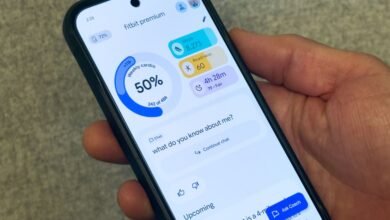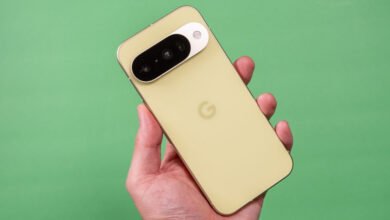Google’s New App Lets You Run AI Models Offline

▼ Summary
– Google released Google AI Edge Gallery, an app allowing users to run Hugging Face AI models offline on Android (iOS coming soon).
– The app supports tasks like image generation, answering questions, and coding by downloading compatible models to run locally on phones.
– Offline AI models address privacy concerns and connectivity issues, though cloud-based models remain more powerful.
– The app includes features like Prompt Lab for text tasks and customizable settings, with performance varying by device hardware and model size.
– Google labels it an experimental Alpha release, invites developer feedback, and offers it under an Apache 2.0 license for unrestricted use.
Google has introduced a groundbreaking app that brings powerful AI capabilities directly to smartphones without requiring an internet connection. The new Google AI Edge Gallery enables users to download and run open-source AI models from Hugging Face locally on their Android devices, with iOS support coming soon. This offline functionality opens up possibilities for privacy-conscious users and those needing reliable access without network dependencies.
The app serves as a hub for discovering and installing compatible AI models capable of diverse tasks—from generating images and answering questions to editing code. Unlike cloud-based alternatives, these models process data entirely on the device, leveraging the phone’s hardware to maintain performance while keeping sensitive information private.
Currently labeled an “experimental Alpha release,” the app can be downloaded via GitHub. Its interface organizes models by function, such as “Ask Image” or “AI Chat,” allowing users to select specialized tools like Google’s Gemma 3n. A built-in Prompt Lab further enhances usability with preconfigured templates for tasks like text summarization, alongside adjustable settings to refine model behavior.
Performance varies depending on hardware and model size. High-end devices naturally handle complex AI workloads faster, but even smaller models deliver functional results for basic queries. Google encourages developers to test the app and provide feedback, emphasizing its open-source Apache 2.0 license, which permits unrestricted commercial or personal use.
By shifting AI processing to edge devices, Google addresses growing concerns about data privacy and connectivity limitations—making advanced machine learning more accessible than ever.
(Source: TechCrunch)




